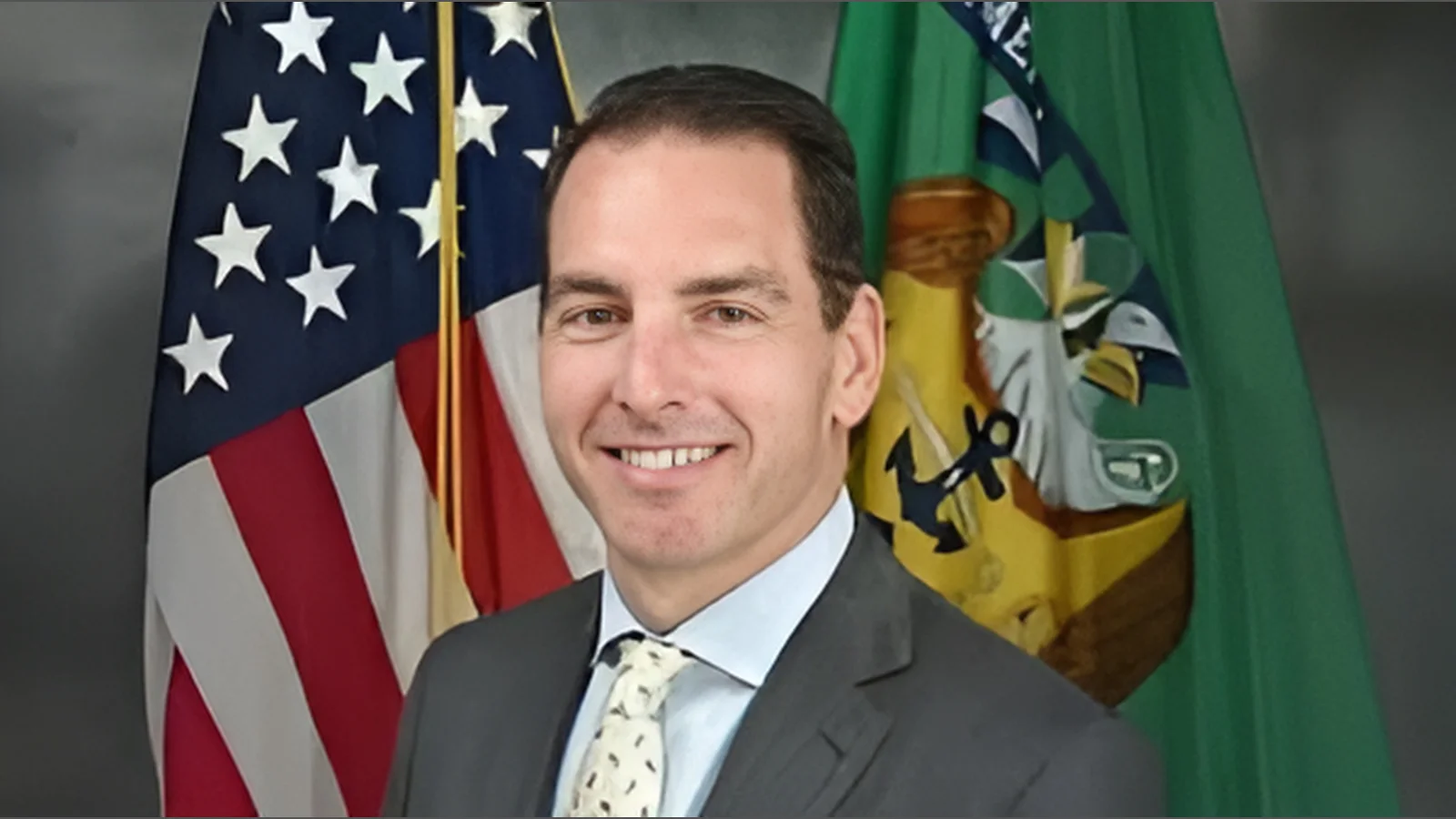The U.S. Department of the Treasury's Office of Foreign Assets Control (OFAC) has announced sanctions against two individuals and five entities involved in money laundering and importing petroleum products into areas controlled by the Houthis, also known as Ansarallah. These actions target networks in Yemen and the United Arab Emirates (UAE) that support Houthi operations.
"The Houthis collaborate with opportunistic businessmen to reap enormous profits from the importation of petroleum products and to enable the group’s access to the international financial system," stated Deputy Secretary of the Treasury Michael Faulkender. "These networks of shady businesses underpin the Houthis’ terrorist machine, and Treasury will use all tools at its disposal to disrupt these schemes."
This action is taken under Executive Order 13224, targeting revenue generation for Houthi activities. The U.S. Department of State had designated Ansarallah as a Specially Designated Global Terrorist (SDGT) on February 16, 2024, later re-designating it as a Foreign Terrorist Organization (FTO) on March 5, 2025.
Among those sanctioned is Muhammad Al-Sunaydar, who manages a network facilitating petroleum imports through companies like Arkan Mars Petroleum Company for Oil Products Imports. The network includes UAE-based companies Arkan Mars Petroleum DMCC and Arkan Mars Petroleum FZE, which have been involved in exporting oil to Yemen.
Yahya Mohammed Al Wazir is noted for laundering money for the Houthis through Al-Saida Stone for Trading and Agencies. Meanwhile, Amran Cement Factory aids in funding Houthi activities.
Sanctions implications mean that property linked to these individuals or entities within U.S. jurisdiction is blocked. Violations can lead to civil or criminal penalties.
OFAC stresses that sanctions aim not just to punish but to encourage positive behavioral changes. For more information on today's designations or procedures for removal from an OFAC list, refer to their official guidance.





